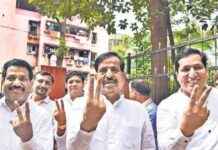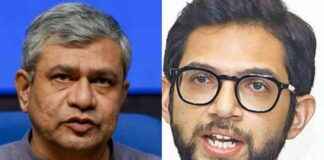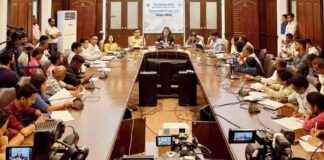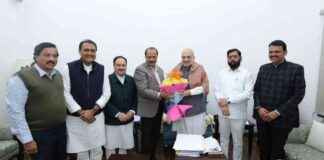Are Families Simple? Exploring Gender Dynamics and Relationships
MUMBAI: In the midst of the chaos and complexity of modern relationships, the idea of “simple families” is being questioned in a profound way. The recent tragic story of software engineer Atul Subhash, 34, sheds light on the intricate web of societal expectations, personal desires, and the reality of marriages in India.
The Illusion of Simplicity
Middle class families often pride themselves on being “simple” or “ordinary.” However, beneath this facade lies a world of unspoken complexities and hidden pressures. The Lok Foundation-Oxford University survey revealed that a staggering 93% of marriages in India are arranged, highlighting the deeply ingrained traditions that dictate the course of many lives.
A Heartbreaking Tale
Atul Subhash’s tragic suicide following a messy divorce exposes the harsh realities faced by many individuals caught in the crossfire of societal expectations and personal desires. His video testimony, where he detailed feeling persecuted by a corrupt legal system and the animosity of his estranged wife’s family, paints a poignant picture of the emotional turmoil that can accompany such situations.
Unveiling Deep Incompatibility
Atul’s marriage to Nikita Singhania, a union born out of a matrimonial portal match, quickly unraveled when Singhania revealed on their honeymoon that she had never wanted to get married. The pressures from her family to tie the knot before her father’s passing added further strain to their already fragile relationship. The lack of genuine connection and understanding between the couple underscores the deep-rooted issues that can arise when societal norms clash with personal autonomy.
Reimagining Relationships
In a society where marriage is often seen as non-negotiable and rigid gender roles dictate behavior, the need for a cultural revolution that embraces emotional complexity and individuality is more pressing than ever. As families evolve and individuals seek connections beyond traditional identities, the call for emotional politics and education becomes increasingly urgent.
As we navigate the intricate dance of love, expectations, and societal pressures, it’s essential to remember that behind every “simple family” lies a world of untold stories, unmet desires, and unspoken truths. The path to true happiness and fulfillment may not be straightforward, but it is a journey worth embarking on with empathy, understanding, and a willingness to break free from the confines of societal norms.




















